With Labour now in power, it’s clear that their victory was as much about the electorate’s disillusionment with the other parties as it was about Labour’s promises. Here are 21 reasons why Labour’s win could be seen as a stroke of luck rather than a landslide of confidence.
1. Anti-Tory Sentiment
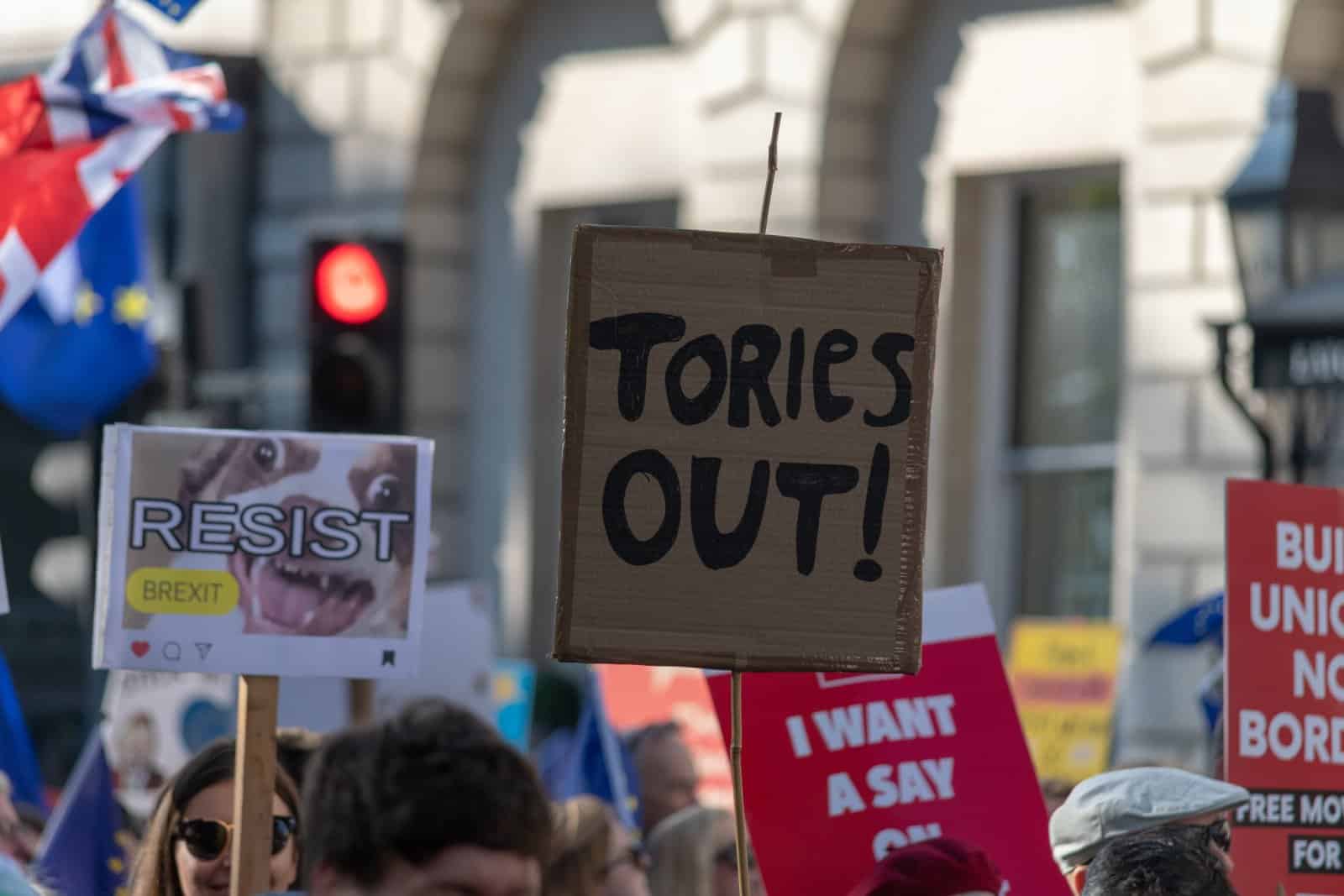
A significant portion of voters simply wanted to oust the Conservatives after years of perceived incompetence and scandals. The desire for change played a major role in Labour’s victory.
2. Economic Mismanagement

The fallout from Liz Truss’s mini-budget and ongoing economic instability under Tory leadership eroded public trust. Labour benefited from being the alternative as people sought stability.
3. Pandemic Handling
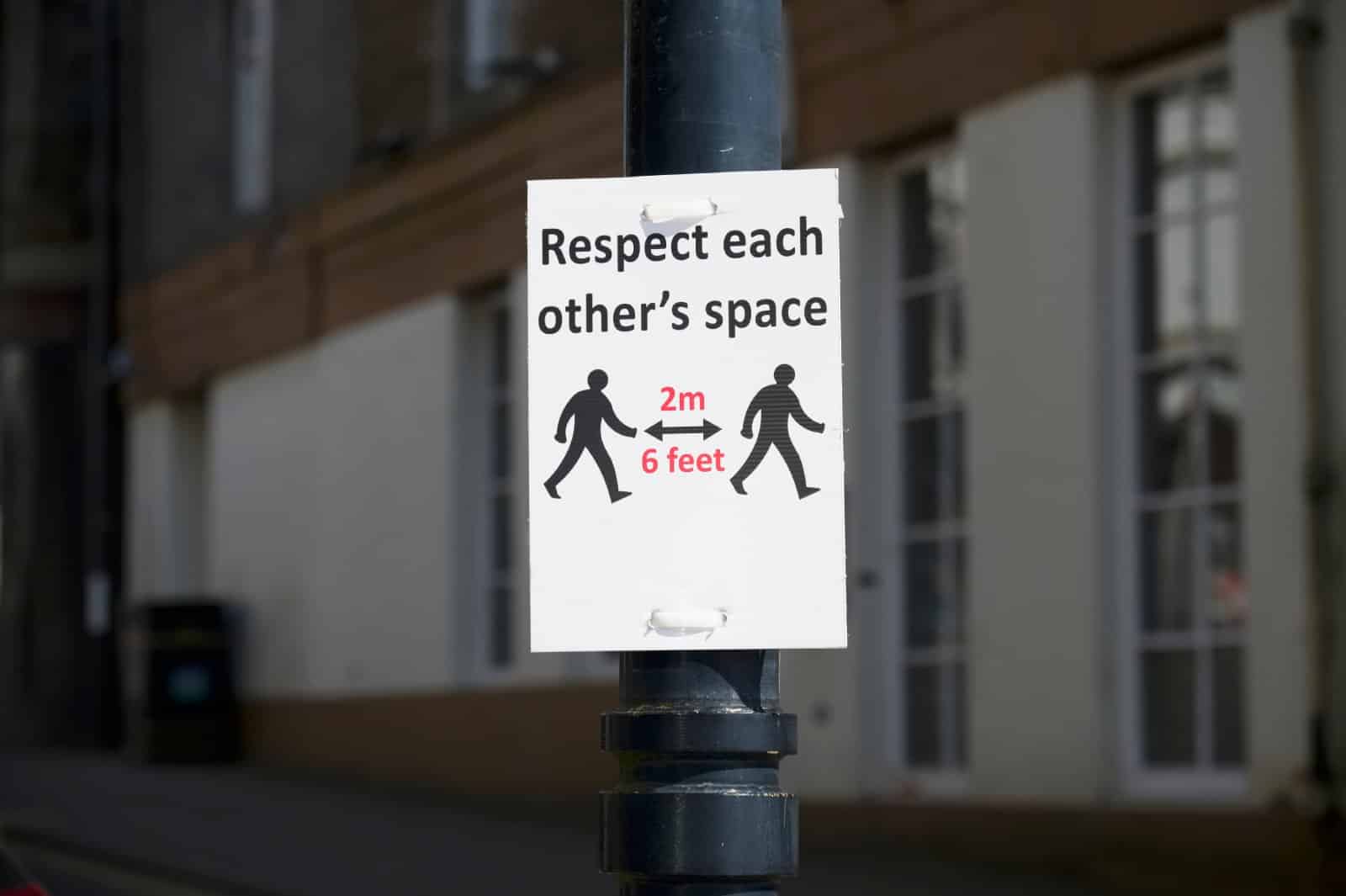
The government’s handling of the COVID-19 pandemic, including delayed lockdowns and PPE shortages, left many feeling let down. Labour capitalised on this dissatisfaction.
4. Cost of Living Crisis

Rising energy bills, inflation, and the general cost of living crisis hit voters hard. The Conservatives were seen as out of touch, making Labour the default choice for many struggling households.
5. NHS in Crisis
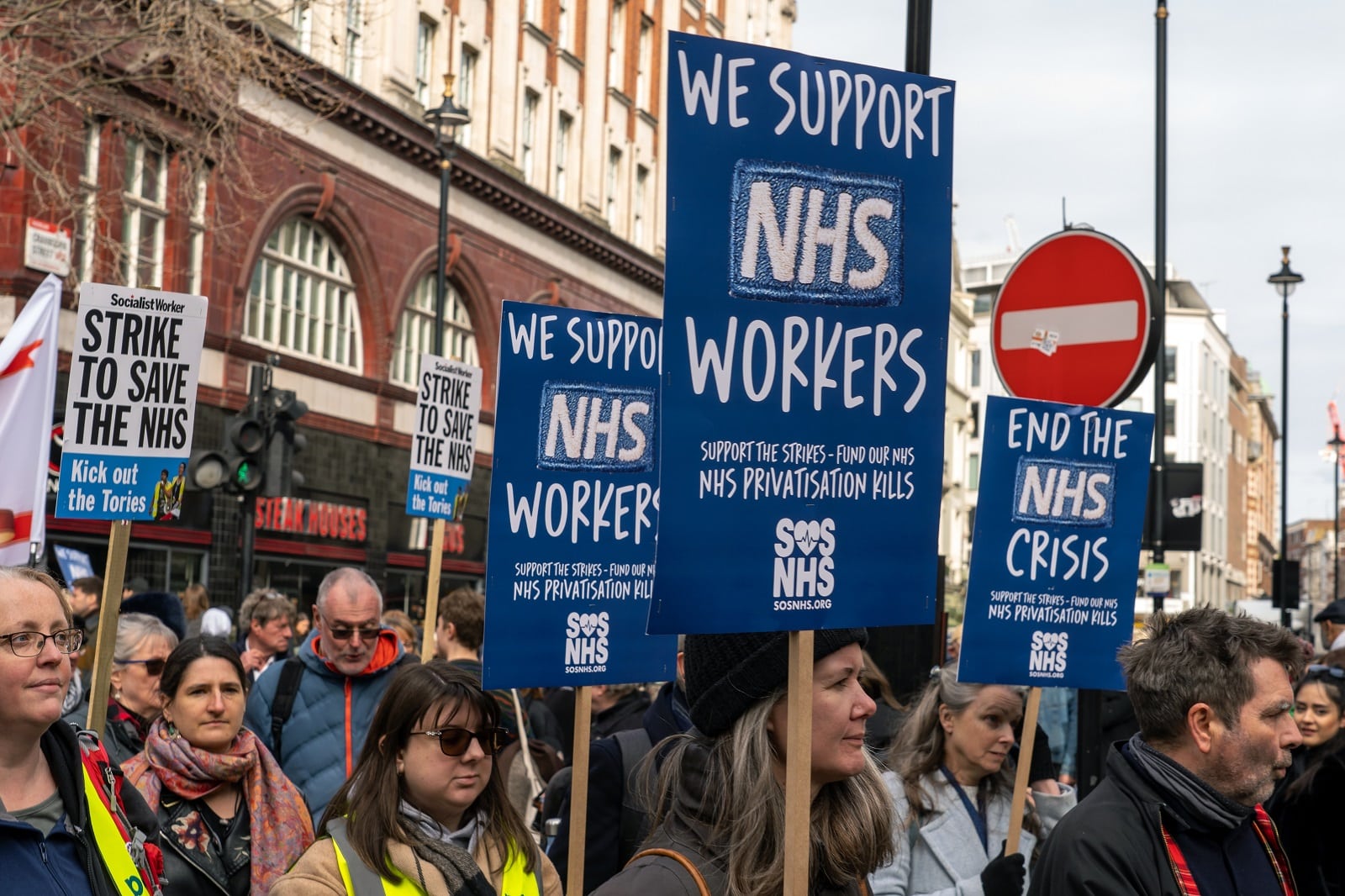
The NHS backlog and long waiting times have become critical issues. Voters blamed the Tories for the decline in healthcare services, swinging support to Labour.
6. Scandals and Sleaze

A series of scandals, including Partygate and various lobbying controversies, tainted the Conservative image. Labour appeared as the cleaner, albeit duller, option.
7. Education Shortfalls

Many voters were frustrated with the state of education, from funding cuts to handling of exams during the pandemic. Labour’s promises of more funding and support for schools resonated with these concerns.
8. Housing Affordability

The housing crisis, with sky-high prices and rents, left many young voters particularly angry. Labour’s plans for affordable housing provided a glimmer of hope.
9. SNP Fatigue

In Scotland, there was a sense of fatigue with the SNP’s constant push for independence. Labour presented a unionist alternative, attracting votes from those weary of the independence debate.
10. Public Sector Pay

Discontent among public sector workers over pay and conditions translated into votes for Labour, who promised to address these issues.
11. Brexit Disillusionment

The ongoing complications of Brexit left many voters disillusioned. Labour’s promises to build better relations with the EU appealed to those who felt the exit had been mishandled.
12. Environmental Concerns

Labour’s commitment to green policies drew voters concerned about climate change, especially in contrast to perceived Tory ambivalence.
13. Immigration Policy
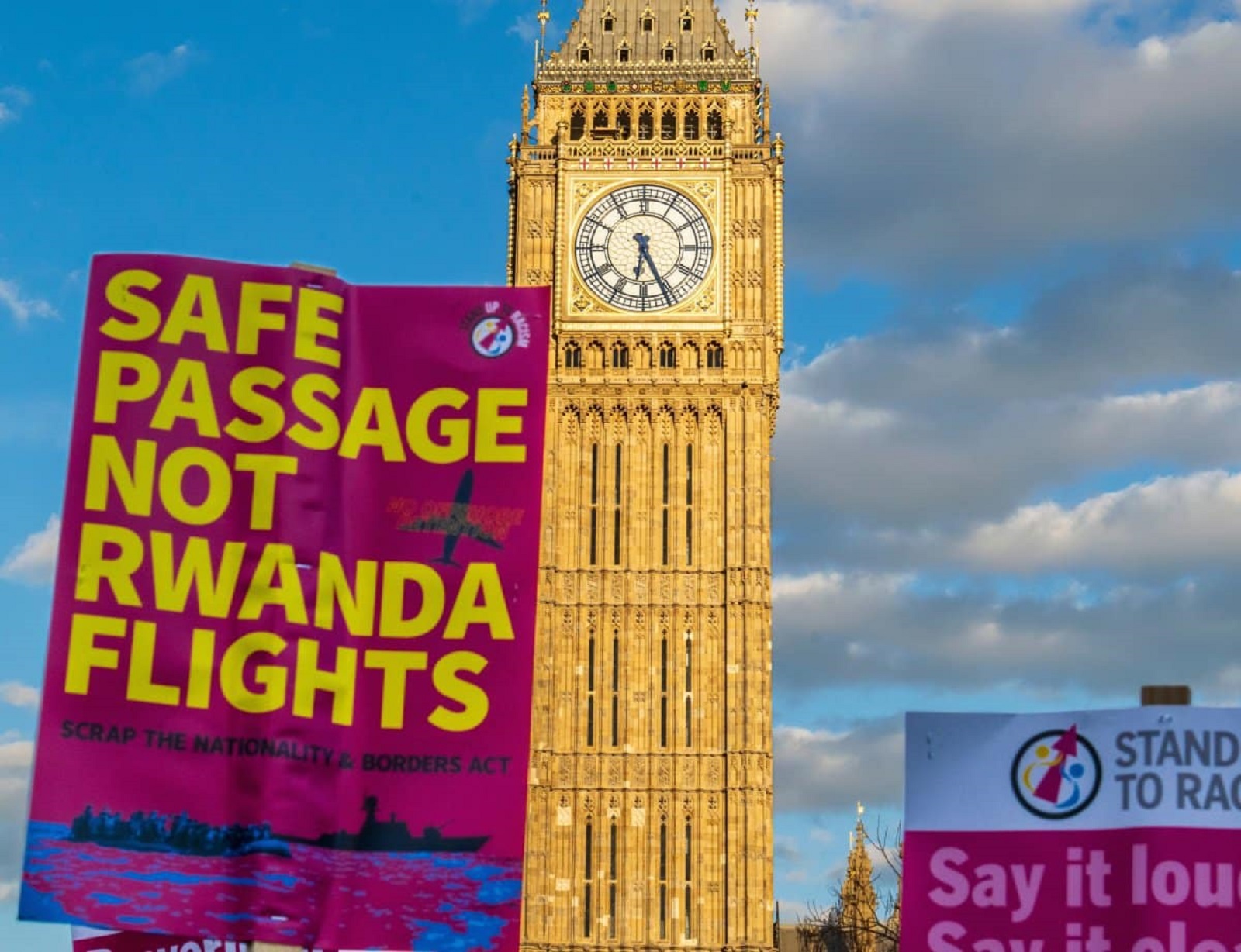
The Conservative’s hardline immigration stance, including the controversial Rwanda plan, alienated many. Labour’s more compassionate approach won over voters seeking a humane policy.
14. Party Unity

Labour’s internal unity under Keir Starmer contrasted sharply with the Tory infighting, presenting a more stable option to the electorate.
15. Youth Vote

Young voters, particularly disillusioned with both the Tories and the SNP, flocked to Labour. Issues like climate change, housing, and education drove their support.
16. Business Uncertainty

Businesses hit hard by Brexit and the pandemic were frustrated with the Conservative’s inconsistent policies. Labour’s promise of a more predictable economic environment appealed to these voters.
17. Health Inequalities

The pandemic highlighted stark health inequalities, with Labour’s policies targeting these disparities resonating with affected communities.
18. Transport Issues

Public transport woes, from rail strikes to underfunded services, left many commuters angry. Labour’s commitment to improving public transport infrastructure gained traction.
19. Digital Divide

Labour’s promises to improve digital infrastructure, especially in rural areas, attracted votes from those frustrated by poor internet connectivity.
20. Gender Inequality

Labour’s focus on tackling gender inequality and supporting women’s rights contrasted with the perceived lack of action from the Conservatives.
21. Voter Apathy Towards the Lib Dems

The Liberal Democrats failed to make a significant impact, with many of their potential voters switching to Labour as the more viable alternative to the Tories.
The Real Challenge Begins
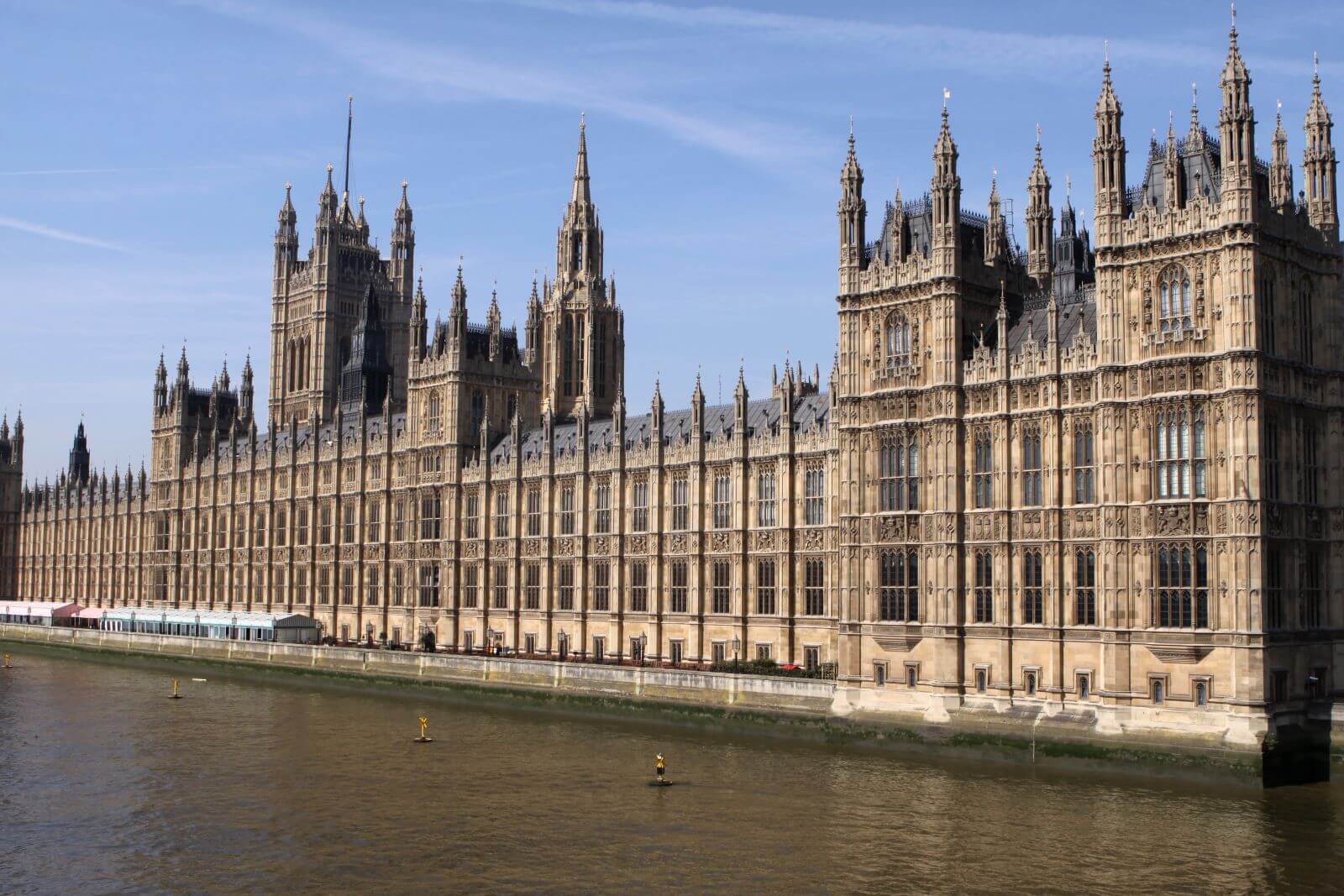
While Labour’s victory might be seen as a case of being the least disliked rather than the most loved, the real challenge lies ahead. Turning disillusionment into hope and implementing effective policies will determine if Labour can transform this default victory into a legacy of real change.
Featured Image Credit: Shutterstock / Altopix.
For transparency, this content was partly developed with AI assistance and carefully curated by an experienced editor to be informative and ensure accuracy.

